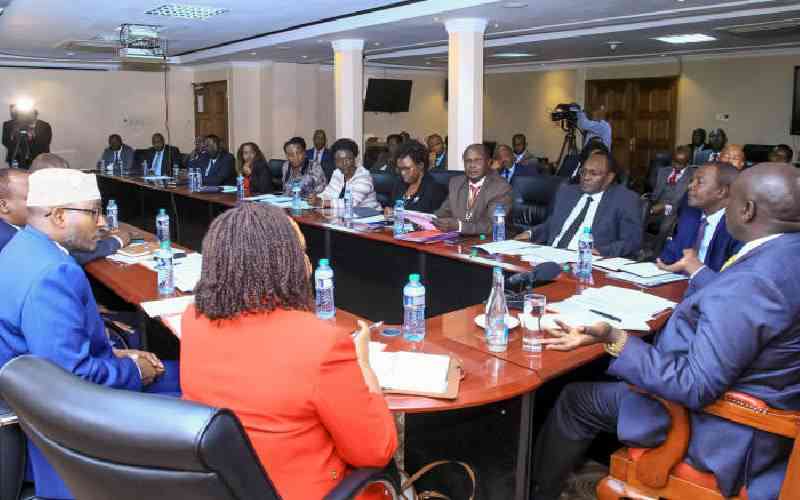
The Inter-Governmental Budget and Economic Council (IBEC) held its 20th session this past week under the chairmanship of Deputy President Rigathi Gachagua. The frequency of IBEC meetings have increased under the new administration despite some muted questions as to Kenya Kwanza's commitment to devolution.
The elephant in the room necessitating the increased activities are questions on equitable revenue share allocation and delays in cash release to counties. While the law does not exclusively define a timeline, it is expected that the Treasury will disburse money in a predictable manner. This is because each county has an approved annual development plan, a procurement plan and a cash plan to guide their expenditures.